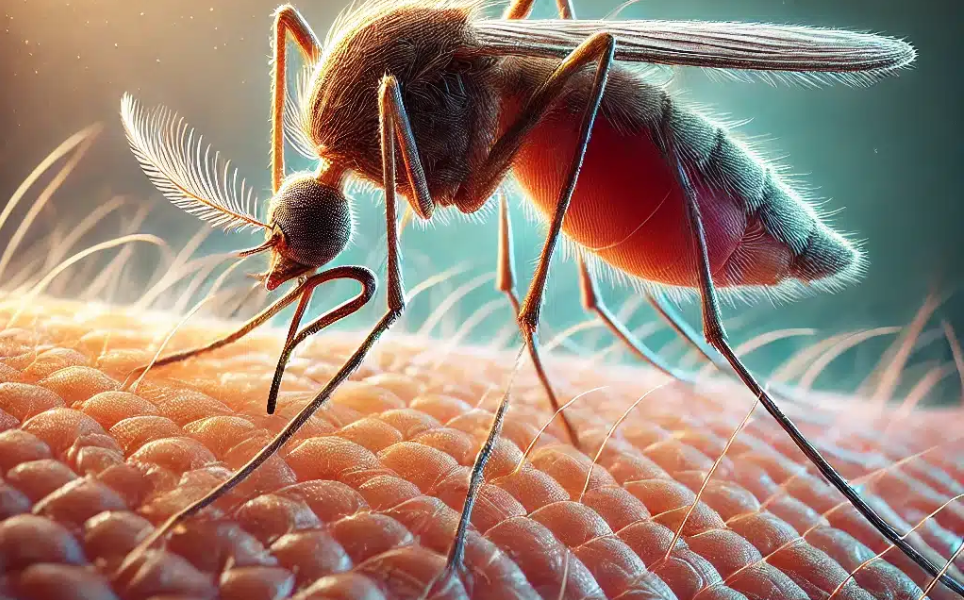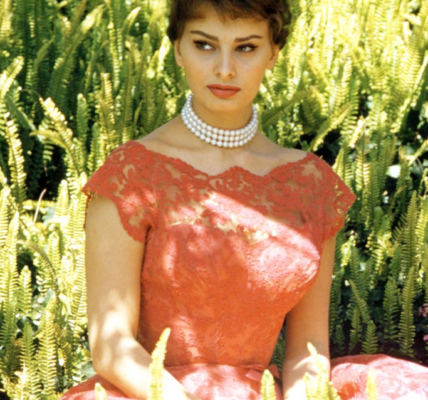 Mosquitoes are one of the oldest and most common insects on the planet. These tiny, pesky insects have evolved to adapt to a wide range of habitats and climates. To truly understand how long a mosquito lives, it is important to understand all aspects of its life cycle. In this article, we will delve into the fascinating and intricate details of the mosquito life cycle, from egg to death.
Mosquitoes are one of the oldest and most common insects on the planet. These tiny, pesky insects have evolved to adapt to a wide range of habitats and climates. To truly understand how long a mosquito lives, it is important to understand all aspects of its life cycle. In this article, we will delve into the fascinating and intricate details of the mosquito life cycle, from egg to death.
Life cycle of mosquito
The mosquito life cycle consists of several stages: egg, larva, pupa, and adult. Each stage is important for the mosquito’s development and survival. Females lay their eggs in suitable environments, usually standing water. These eggs can take anywhere from a few days to a few weeks to hatch, depending on environmental conditions.
After hatching, mosquitoes enter a larval stage, where they feed on organic matter and microorganisms in the water. The larvae undergo several molts before pupating. Eventually, the pupa transforms into an adult, completing its life cycle. This process can take anywhere from a week to several months, depending on the species and environmental conditions.
Lifespan of adult mosquito
The lifespan of adult mosquitoes can vary considerably. Under optimal conditions, males have a relatively short lifespan of only about a week. Females, on the other hand, can live for several weeks or even months, depending on environmental conditions and food availability.
Females typically live longer because they must feed on blood to nourish their eggs. This process is essential for reproduction and survival of the species. In colder environments or under adverse conditions, mosquitoes can enter a state of hibernation, thus extending their lifespan until conditions improve.
Factors affecting the life of mosquitoes
Several factors can affect a mosquito’s lifespan. Some of the most important include:
- Temperature : Mosquitoes tend to live longer in warmer climates.
- Food Availability : Lack of food can significantly reduce your life expectancy.
- Predators : Animals such as birds, bats and other insects can reduce mosquito populations.
- Living conditions : Environmental quality also plays an important role.
These factors affect not only the lifespan of individual mosquito species, but also the survival of entire populations. For example, in urban areas with lots of standing water and few natural predators, mosquitoes can multiply more quickly.
Feed the mosquitoes
The diet of mosquitoes differs between males and females. Male mosquitoes feed primarily on nectar and plant juices, while females require blood meals to develop their eggs. This nutritional difference is important for reproduction and survival of the species.
Females often seek out mammals, including humans, to get their much-needed blood, a process that often results in nasty bites and, in some cases, disease transmission.
Curious things about mosquitoes
There are many interesting facts about mosquitoes:
- Mosquitoes have been around for over 30 million years.
- There are over 3,000 different species of mosquitoes.
- Some species of mosquitoes can detect carbon dioxide from more than 50 meters away.
- Mosquitoes have an extremely adaptable life cycle.
These curiosities highlight the amazing adaptations and evolution of mosquitoes, which have allowed them to survive and thrive in almost every habitat around the world.
In short, understanding how long mosquitoes live involves understanding the many factors that influence their life cycle. From egg to adult, each stage is crucial to the survival of these tiny insects. With a combination of environmental factors, diet, and predators, the lives of mosquitoes can vary greatly, but overall, they are perfectly adapted to meet the challenges of their environment.




